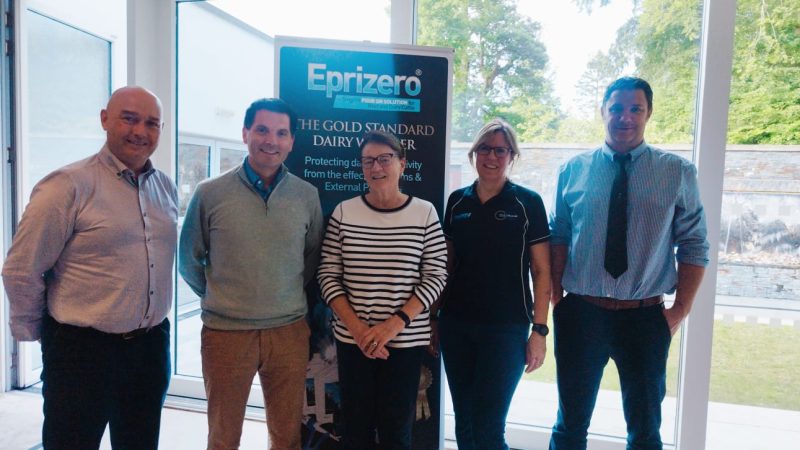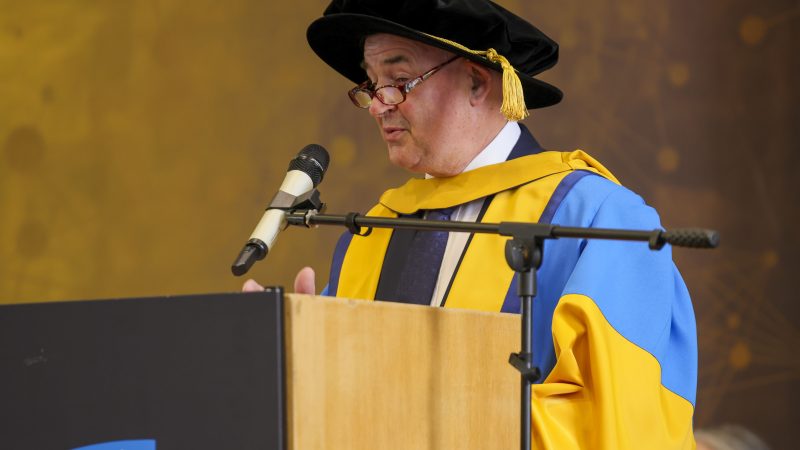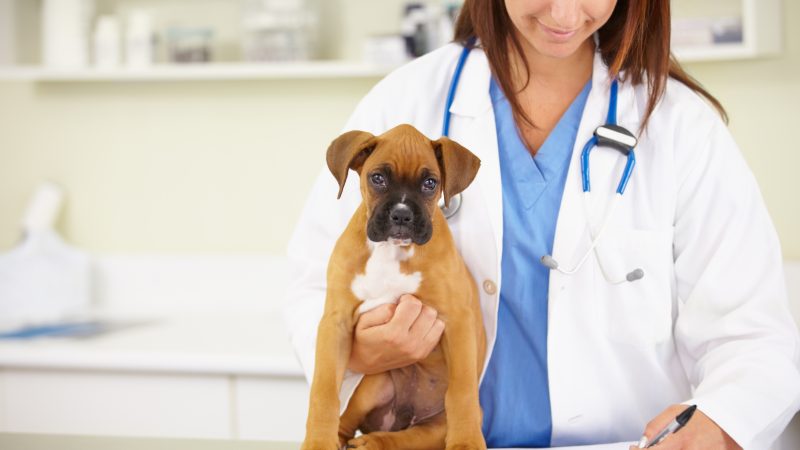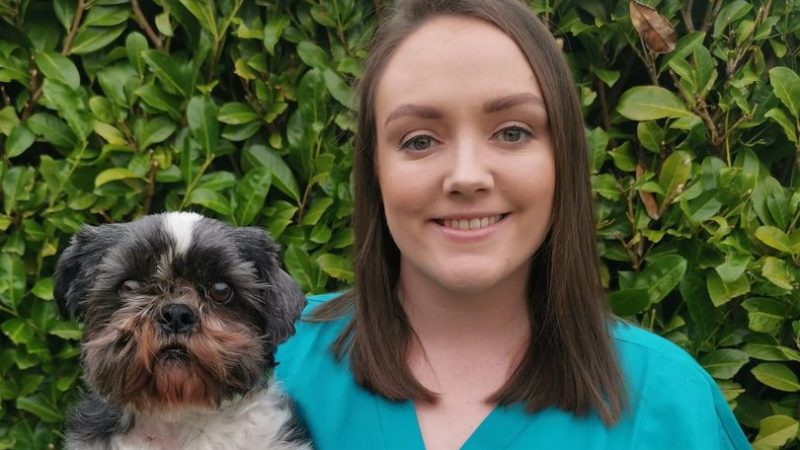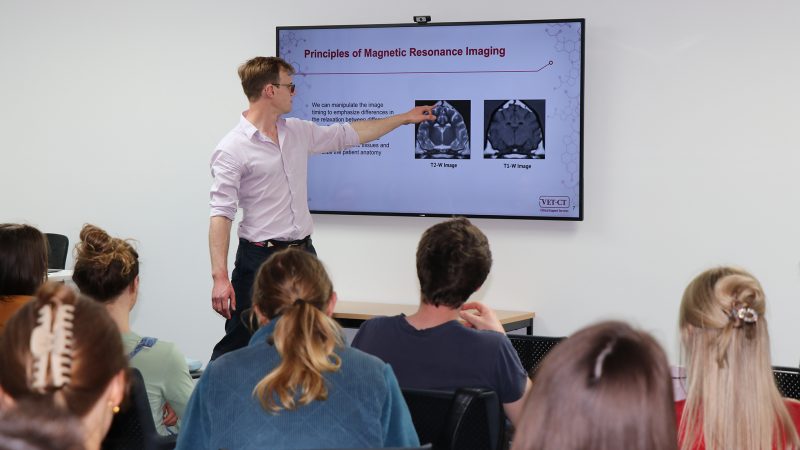Pressure mounts for post-Brexit veterinary deal
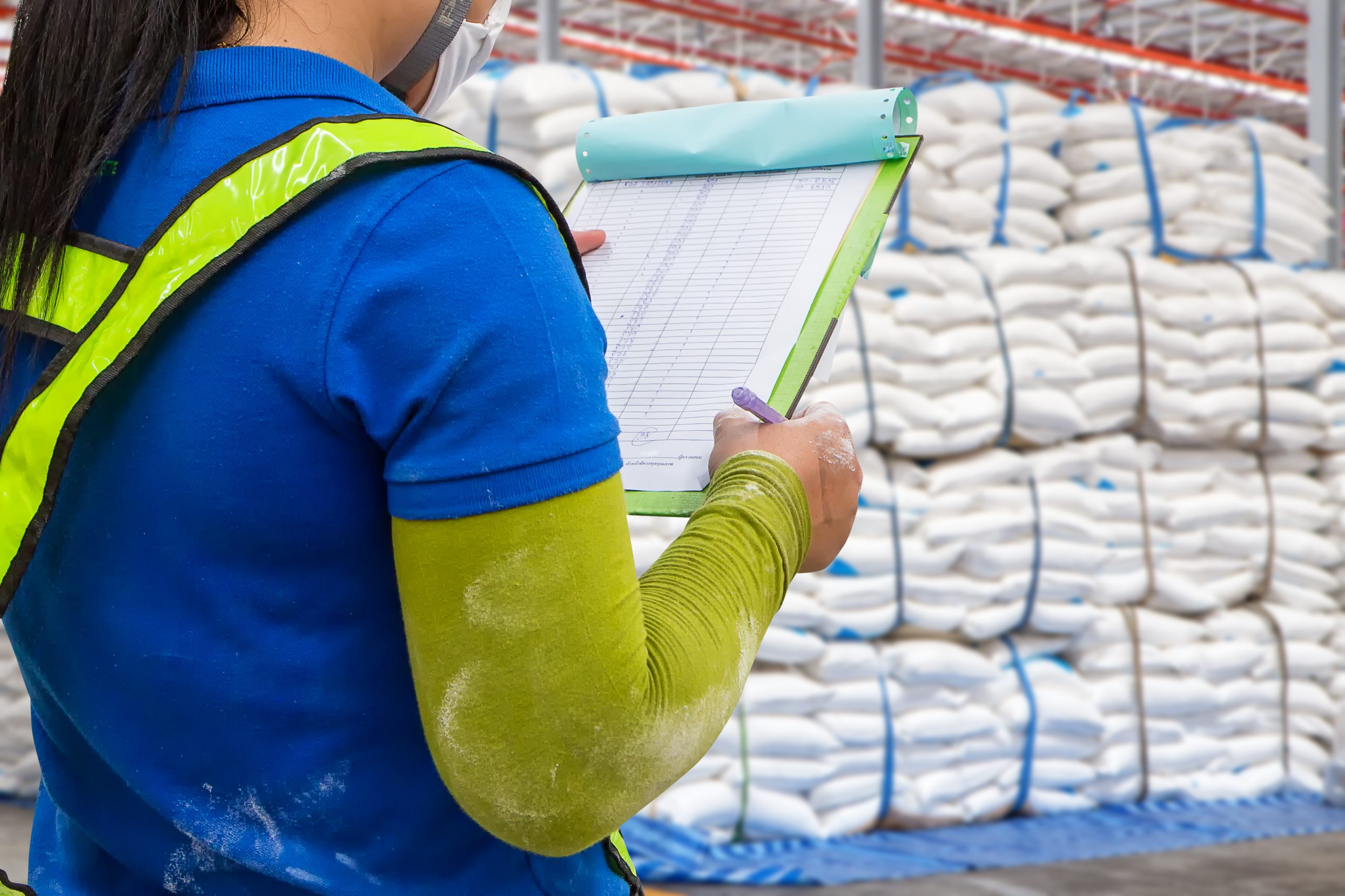
Leading food and agriculture organisations have again called for the EU and UK to strike a veterinary deal to reduce the “financial and human cost of post-Brexit red tape”.
The Sanitary and Phytosanitary (SPS) Certification working group, which includes food, pet food and feed trade associations, said an agreement with the EU was desperately needed.
Organizations also suggested digitisation of paper systems and certainty they would be accepted by receiving border control posts in EU member states and Northern Ireland.
They estimated that new Export Health Certificate (EHC) requirements have cost at least £60 million in paperwork in less than one year, with 288,000 EHC applications requiring the equivalent of 580,000 certifier hours. Data from the Animal and Plant Health Agency shows that applications for food-related EHCs climbed from 22,990 in 2020 to 288,558 in 2021.
Chair of the working group, Karin Goodburn, who is also director at the Chilled Food Association, saidL “As an example it takes more than five years to train the vets required we need to certify the EHCs.
“These already disturbing figures are in fact an underestimate of the total cost to the industry as they exclude bulk orders of EHCs from the Animal and Plant Health Agency made in one request and the wider costs of Brexit SPS requirements.”
The number of EU vets registering to work in the UK has dropped by two-thirds with the sector in the UK already stretched. Data from the Royal College of Veterinary Surgeons shows the amount of registrants coming to work in the UK fell from 1,132 in 2019 to 364 in 2021.
This has affected the availability of qualified staff to certify the paperwork required for export to the EU and elsewhere in the world, according to the group.
Richard Griffiths, British Poultry Council chief executive, added: “From vet shortages, to mile-long-queues at Dover to trading under bird flu, it is clear the current system is not designed for third countries to trade freely with the EU.”


